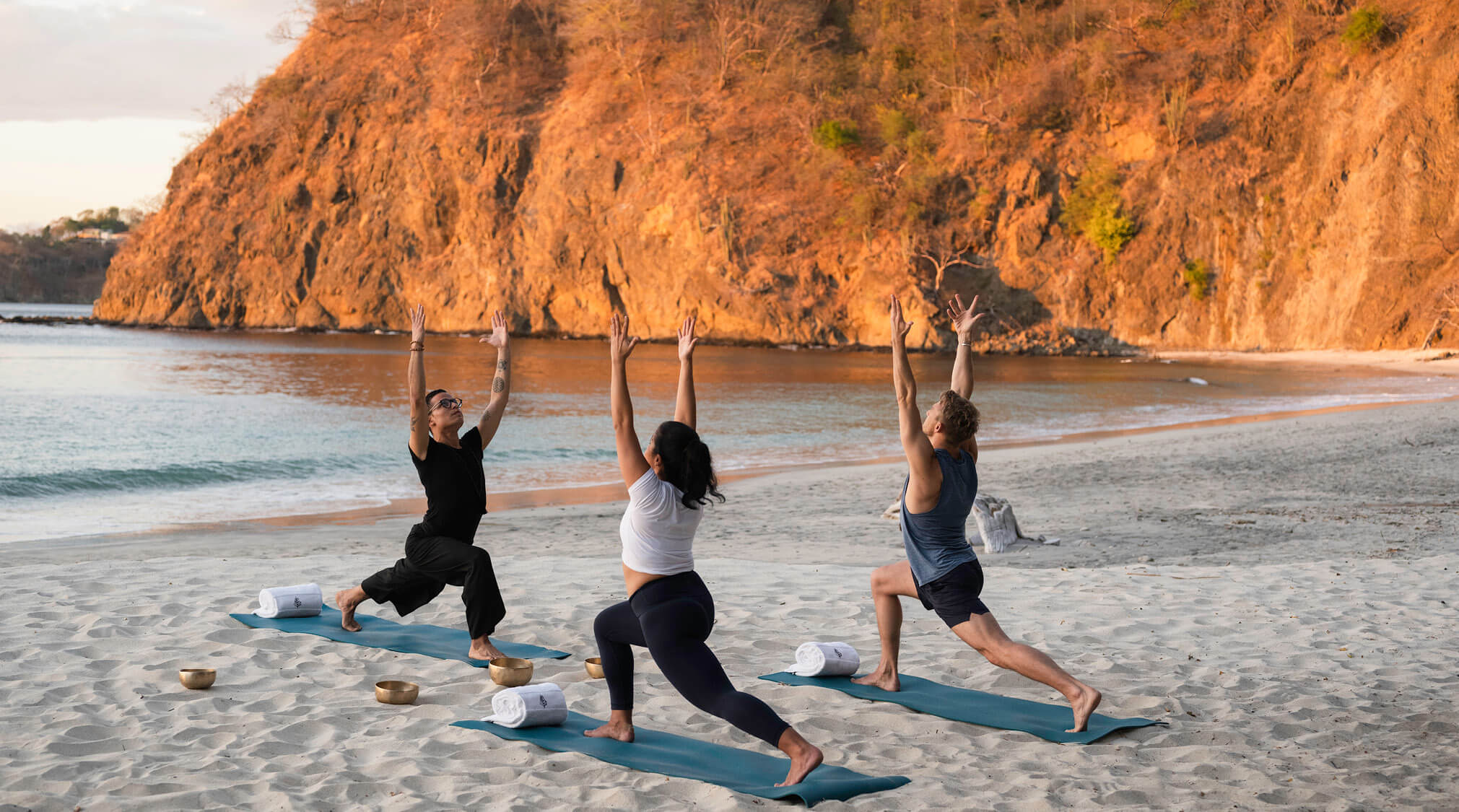Travel and recreation have long been central to human experience. From ancient trade routes to modern-day tourism, people have always felt the pull to explore new horizons, discover unfamiliar cultures, and reconnect with nature. In our fast-paced, digitally driven world, travel and recreation are more than just leisure activities—they are vital to our emotional health, creativity, and personal growth.
As global travel evolves in the 21st century, travelers are seeking more meaningful, sustainable, and enriching experiences. This article explores the importance of travel and recreation in modern life, the benefits they offer, and the trends shaping the future of global exploration.
1. The Deeper Meaning of Travel
Travel has always symbolized freedom and discovery. It allows us to break away from routine and gain new perspectives on life. Beyond sightseeing and photography, travel is about connecting—with people, cultures, and the planet itself.
Every journey teaches something valuable. When visiting a new destination, we experience the diversity of human expression—from languages and food to music and traditions. These encounters foster empathy and broaden our understanding of the world.
Moreover, travel builds adaptability. Navigating unfamiliar environments—whether finding your way through a bustling city or adjusting to new customs—teaches problem-solving, patience, and resilience. Ultimately, travel is a journey inward as much as it is outward.
2. Recreation: The Balance Modern Life Needs
Recreation complements travel as a form of renewal. It’s not just about entertainment—it’s about rejuvenation and balance. Engaging in recreational activities, from hiking and swimming to painting and yoga, helps restore mental clarity and physical health.
In today’s world, where stress and burnout are increasingly common, recreation provides a natural antidote. Time spent outdoors, for example, reduces anxiety and improves mood by lowering cortisol levels. Physical activities like cycling or kayaking strengthen the body while reconnecting us with nature.
Even simple recreational pursuits—such as reading a book in a park, camping with family, or exploring a local trail—help us slow down and appreciate the beauty of the present moment.

3. The Rise of Sustainable and Eco-Friendly Travel
As more people explore the planet, there’s growing awareness about the environmental and cultural impact of tourism. This has given rise to sustainable travel, a movement centered on minimizing harm while maximizing positive outcomes for destinations and communities.
Sustainable travel focuses on principles such as:
-
Reducing carbon footprints: Choosing trains or eco-friendly airlines when possible.
-
Supporting local economies: Staying in family-run hotels and buying from local artisans.
-
Protecting nature: Avoiding over-tourism and respecting wildlife habitats.
-
Cultural sensitivity: Learning basic phrases, respecting customs, and dressing appropriately.
Countries like Costa Rica, Bhutan, and Slovenia have become pioneers in eco-tourism, proving that travel can be both enjoyable and responsible. Sustainable tourism ensures that future generations will also be able to experience the world’s natural and cultural wonders.
4. The Emotional and Psychological Benefits of Travel
Travel is one of the most effective ways to boost happiness and reduce stress. Psychologists call it “experiential well-being”—the joy derived from meaningful experiences rather than possessions.
Planning a trip gives people something to look forward to, and the anticipation alone increases happiness. During travel, exposure to new environments stimulates creativity and mental flexibility. After returning home, memories of those experiences continue to provide joy and perspective.
Travel also strengthens relationships. Shared experiences—whether exploring a new city with friends or taking a family road trip—build deeper connections and lasting memories. In solo travel, individuals often find self-discovery and renewed confidence.
5. The Rise of Adventure and Wellness Tourism
In recent years, two major trends have reshaped the travel industry: adventure tourism and wellness tourism.
Adventure tourism appeals to those seeking excitement and challenge. Activities such as mountain climbing, scuba diving, or zip-lining push travelers beyond their comfort zones and offer a profound sense of accomplishment. These adrenaline-fueled experiences often lead to greater self-awareness and appreciation for nature.
On the other hand, wellness tourism focuses on healing and rejuvenation. Travelers seek retreats that combine relaxation, mindfulness, and health—such as yoga resorts in Bali, spa retreats in Switzerland, or meditation camps in India. The goal is not only to rest but to return home physically and emotionally renewed.
6. Digital Nomadism: Working While Exploring
One of the most fascinating developments in modern travel is the rise of digital nomads—people who work remotely while exploring the world. Thanks to technology, professionals can now perform their jobs from anywhere with Wi-Fi, whether it’s a café in Lisbon or a co-living space in Thailand.
This lifestyle has created a new blend of work and recreation. Countries like Portugal, Croatia, and Indonesia now offer “digital nomad visas” to attract long-term remote workers. The result is a global community of mobile professionals who combine productivity with exploration and cultural exchange.
Digital nomadism reflects a broader shift in values: people no longer want to wait until retirement to see the world—they want to integrate travel into their everyday lives.
7. The Beauty of Local and Slow Travel
In contrast to fast-paced, checklist tourism, slow travel emphasizes depth over distance. Instead of rushing from one destination to another, travelers immerse themselves in a single location, spending time understanding its culture, food, and people.
Slow travel promotes sustainability, mindfulness, and authenticity. It encourages visitors to walk, use local transport, and connect with residents rather than staying in isolated resorts. Even domestic travel—exploring hidden gems within one’s own country—has gained popularity as people rediscover the beauty of nearby destinations.
Whether it’s visiting small villages, camping in national parks, or attending local festivals, slow travel turns every journey into a meaningful story.
8. The Role of Technology in Modern Travel
Technology has transformed how people plan, experience, and share their travels. From booking flights to navigating foreign cities, travelers now rely on mobile apps, digital maps, and social media.
AI-powered tools suggest personalized itineraries, while virtual reality (VR) allows travelers to preview destinations before visiting. Social media platforms like Instagram and YouTube inspire millions of people to explore new places and document their journeys.
However, technology also encourages “digital fatigue.” Many travelers are now seeking digital detox vacations—escaping screens to reconnect with nature and the physical world. Balancing digital convenience with mindful presence is becoming a new travel goal.
9. Recreation as a Form of Community Building
Recreational travel often strengthens communities—both local and global. Festivals, sports events, and outdoor gatherings bring people together, promoting cultural exchange and understanding.
For example, recreational activities like hiking groups, cycling tours, or volunteer travel projects foster camaraderie and shared purpose. These experiences create bonds that transcend language and nationality, uniting people through shared passion and adventure.
Moreover, tourism-driven recreation often revitalizes local economies by creating jobs and supporting artisans, guides, and hospitality workers.
10. The Future of Travel and Recreation
The future of travel will be shaped by sustainability, personalization, and mindfulness. Travelers will prioritize meaningful experiences over luxury, authenticity over convenience, and connection over consumption.
Emerging technologies will enhance safety and accessibility, while environmental awareness will inspire greener choices—from electric flights to zero-waste hotels. Meanwhile, wellness and mental health will remain at the heart of recreational trends, as people seek balance in an increasingly digital world.
The next era of travel will not just be about where we go, but how and why we go—travel as a form of learning, healing, and connecting.

Conclusion: Travel and Recreation as a Way of Life
In the end, travel and recreation remind us of what it means to be human—to explore, to connect, and to grow. They nurture curiosity, inspire creativity, and strengthen our relationship with the world.
Whether it’s an epic journey across continents or a peaceful walk in nature, every act of travel enriches the soul. In a world filled with deadlines and distractions, taking time to explore is not indulgence—it’s self-care.
To travel is to live fully. To engage in recreation is to remember the simple joy of being alive. Together, they form the essence of a life well-lived.


Leave a Reply